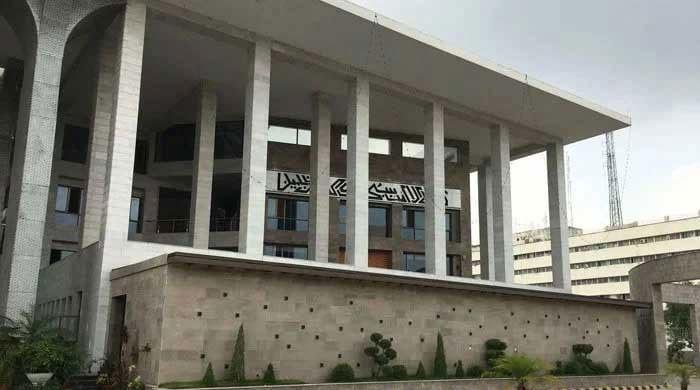IHC Deems Vehicle Confiscation by Excise Department Unlawful
The Islamabad High Court (IHC) has delivered a sharp rebuke, overturning the Excise and Taxation Department’s seizure of a schoolteacher’s car. The court criticised the department for improperly confiscating the vehicle and then utilising it for nearly two years for its own purposes, all without following appropriate legal procedures.
The case centered on a 1990 vehicle acquired by petitioner Marya Fiaz, a teacher. She had depended on the official registration document issued by the Motor Registration Authority (MRA), which showed nine prior legitimate owners over two decades.
After submitting the required documents for transfer and obtaining a receipt on January 21, 2020, her spouse was contacted by the MRA on the same evening, requesting the car’s return for a forensic assessment.
Subsequently, the Excise Department took possession of the vehicle, performed a forensic examination without notifying the petitioner, and ultimately issued a confiscation directive on March 5, 2020.
The department held onto the car for approximately two years, during which time it was used by officials for department-related activities, leaving the petitioner without recourse or transportation.
The IHC’s verdict, penned by Justice Sarfraz Ejaz Ishaq Khan and issued on July 11, 2025, underscored the Excise Department’s non-compliance with the Islamabad Capital Territory (Seizure and Disposal of Motor Vehicles) Rules, 2014.
Specifically, the department sidestepped Rule 5, which mandates determining the bona fide ownership of the person from whom the vehicle is seized, and proceeded directly to confiscation under Rule 7—a move the court deemed legally indefensible.
“Not only was the vehicle held in confiscation beyond the legally allowed time frame, but [the petitioner] must also bear the cost for the department to realize its failure to perform its legal duties,” the court stated, noting she deserved compensation for legal expenses incurred while reminding authorities of their duties.
The court also disapproved of the department’s attempt to shift accountability onto the petitioner for its own oversight in verifying documents during earlier registrations. It determined that the Excise Department could not disavow its own registration book and then penalize an unsuspecting buyer.
The forensic science laboratory (FSL) identified signs of a cut-and-weld on the chassis; however, during the court proceedings, the examiner conceded that ascertaining when the tampering occurred or who was responsible was impossible. The court acknowledged that no stolen vehicle had been linked to the car, and the petitioner was not implicated in any misconduct.
In its ultimate decision, the court invalidated the confiscation order, asserting that the petitioner had been deprived of her vehicle without valid legal grounds. It emphasized that the Motor Vehicle Ordinance does not permit confiscation unless the car is permanently unfit for use—a condition not applicable in this instance.
The court also regarded the case as an evaluation of institutional behavior, urging the department to embrace a more compassionate approach, especially in instances involving citizens with limited financial resources. “The Rules require them to be humane and considerate to legitimate vehicle purchasers,” the judgment stated.
Following multiple instances where the department failed to issue a lawful, evidence-supported order, the IHC had previously instructed the release of the vehicle to the petitioner in March 2022, pending final adjudication. However, the legal proceedings extended for more than five years.
Justice Khan concluded the judgment by stressing that innocent purchasers should not suffer due to systemic shortcomings, adding that rule-based protections must be enforced meticulously.



Comments (0)
No comments yet. Be the first to comment!
Leave a Comment